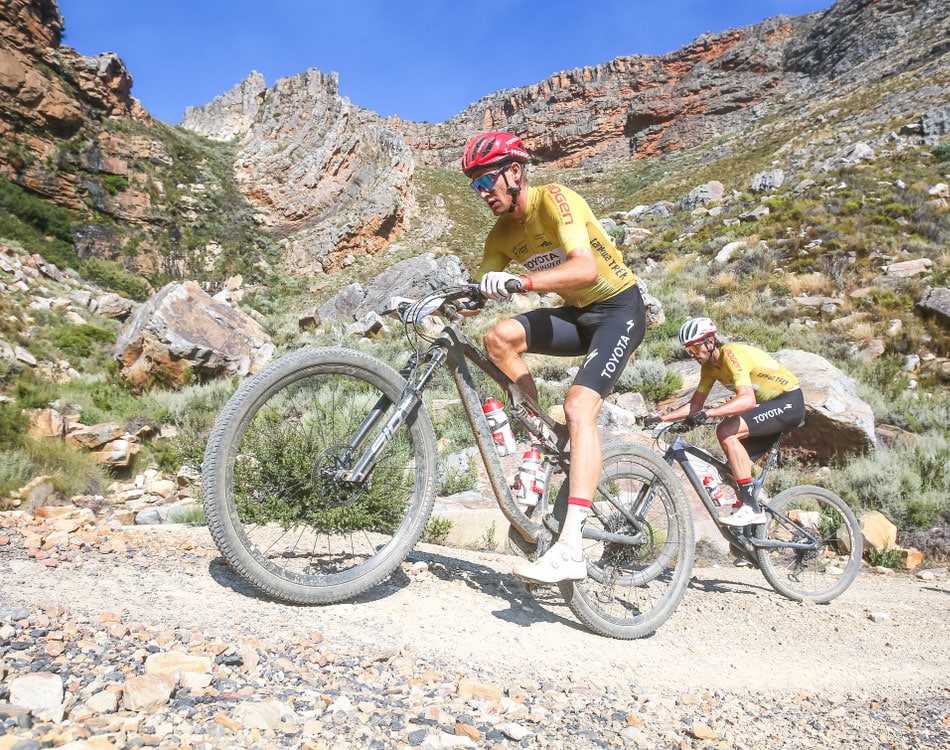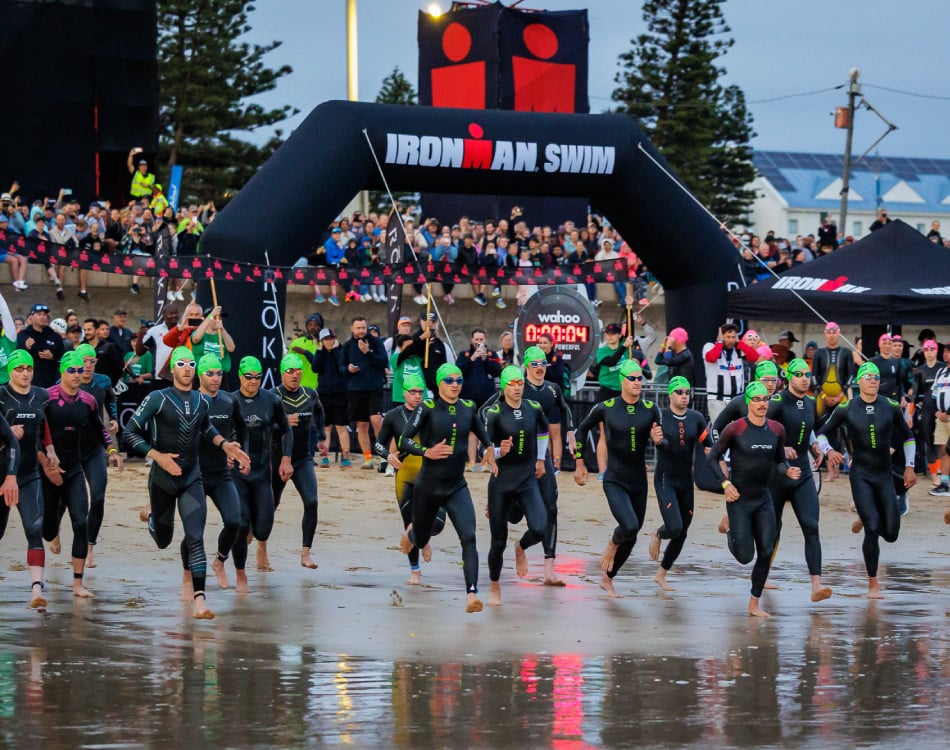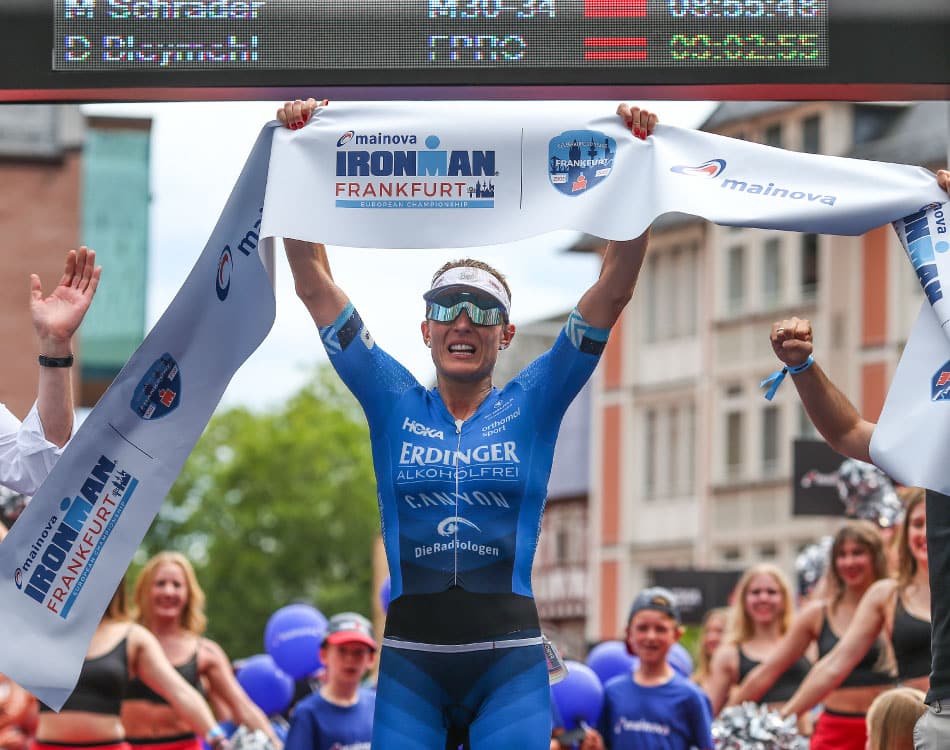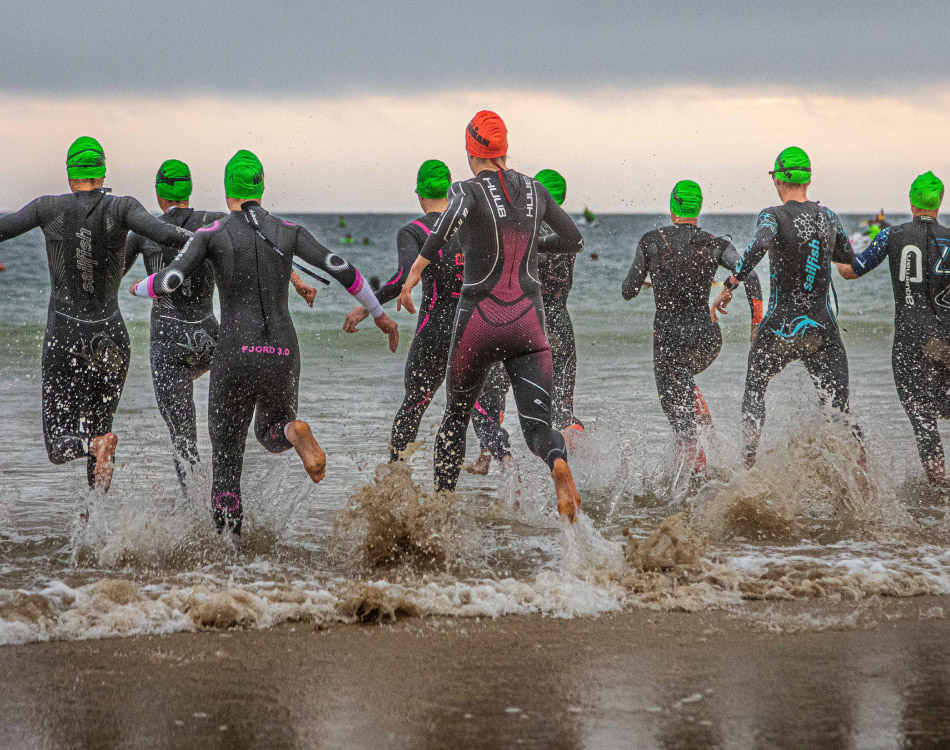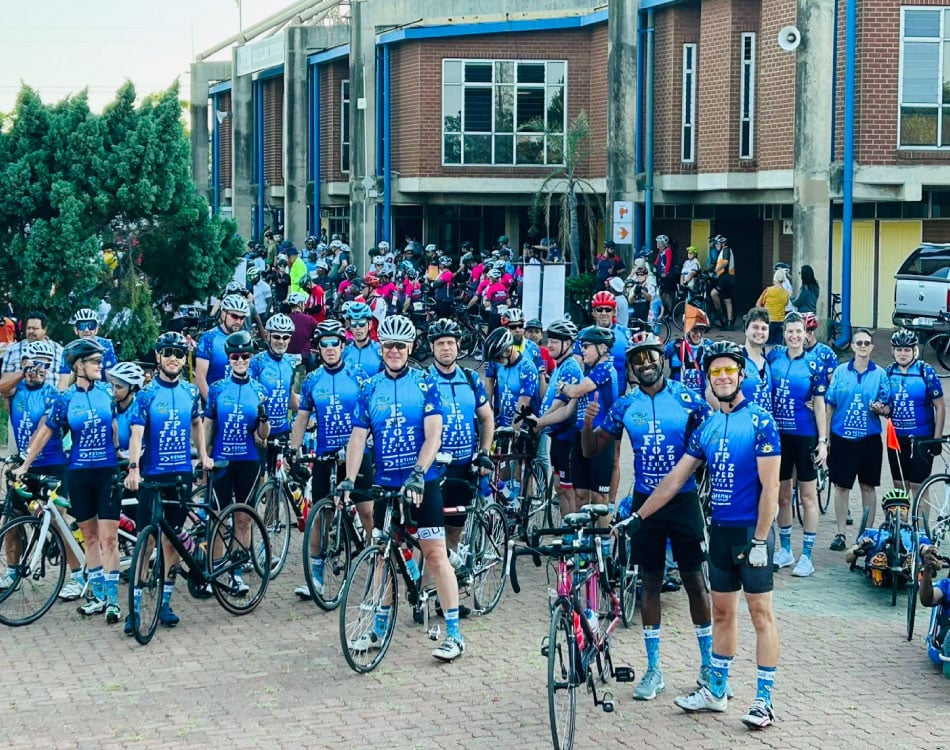Almost every elite endurance athlete works with a coach, not because they don’t understand how to train or what workouts to do to achieve their goals, but because a coach adds significant value to their overall approach and ultimate performance.
A good coach does more than simply craft a training plan to help you peak on race day. A coach brings perspective, wisdom, analysis, accountability, structure and support to every phase of your training.
A coach can do the same for recreational athletes as well, which means everyone can benefit from working with a good coach.
Here are 5 reasons why every endurance athlete should consider hiring a coach.
READ MORE | Smart Real-Time Virtual Coaching Delivers Performance Benefits For Runners
1. Creates a structured training plan
For most recreational athletes, setting up an effective and properly periodised training plan is the most complex aspect of their training. That is why many choose to download or purchase generic ‘cookie-cutter’ training plans from one of the many online resources available.
However, a qualified coach has the skills, knowledge and experience to create an individualised training plan that improves your fitness over time and optimises your performance on race day while simultaneously minimising your injury risk.
They will structure your plan based on your lifestyle, your available time and resources, and your experience level, applying the right volume and intensity for every session.
A coach also has a repository of focused and effective workouts that add variety to a training plan. This keeps your training interesting while you continue progressing towards your goal.
And receiving your weekly workout plan via email or a training app takes the guesswork and frustration and stress out of knowing what to do and when to do it.
Many athletes find that offloading the responsibility for this aspect of their training the most important reason to work with a coach as it allows them to stop obsessing over their plan and simply focus on their training.
READ MORE | 5 Signs That You Need To Dial It Down
2. Offers experience and insights
An established and successful coach has a formal qualification, which equips them with the knowledge and skills needed to guide your training.
And they offer experience and the accompanying insights that come from working with many athletes over many years.
In this way, a qualified and experienced coach helps you filter out the noise and confusion that can arise when trying to find the right approach for you from your own research or from tips and advice from fellow athletes.
Drawing from this collective wisdom and experience means coaches generally know what works and what doesn’t. This will ensure that you focus on what is most important in your training by aligning your goals and personality with fundamental and proven strategies.
And this experience helps to take the guesswork out of finding a training approach that works for you, which can shorten the learning curve, particularly for novice athletes.
Importantly, this also means that coaches have the ability to identify what may not be working well in a plan, with the practical experience and expertise to apply different solutions or approaches.
For example, an experienced coach who closely monitors their athletes will pick up when someone is getting too fatigued to keep following the devised plan. Finding the right balance between training hard enough and pulling back when you’re too fatigued is the key to sustained progress.
Coaches also give clients impartial advice and feedback, which can help them avoid repeatedly making the same mistakes in training or during races. This can relate to pacing, nutrition or mindset, as well as more practical elements like form and technique.
READ MORE | Support Your Recovery After Training For Optimal Endurance Performance
3. They motivate and hold you accountable
Long-term commitment to achieving your goals requires motivation, dedication and grit. But even the most dedicated athlete will struggle with the motivation to get out for a training session every now and again.
A coach will hold you accountable as they will know if you got through your session or if you bailed.
They will also motivate you to train harder and push beyond your perceived limits. Having someone who is invested in your success and is there to cheer you on and push you through those hard sessions can make a significant difference to your ultimate success.
The cost associated with hiring a coach is itself another form of motivation as you create a financial incentive to get the most value from your investment by following the plan they provide.
These factors make hiring a coach one of the most effective ways to remain committed and accountable to your training and attaining your sporting goals.
READ MORE | 5 Tips To Nail Your Training Taper
4. They offer a trained, critical eye
Experienced, hands-on coaches can offer deeper insights and analysis, which may provide additional performance benefits.
For example, few amateur or novice athletes focus on perfecting their technique, whether that is efficient running form or their optimal riding position on the bike.
A good coach will teach clients proper form while they build their fitness base, which ultimately makes them more efficient athletes and less prone to injury.
And they will teach you how to manage different training loads, which ensures that you don’t train too much or too little, ramp up too quickly, or fail to include enough rest and recovery time.
In addition, their trained eye will quickly pick up on any biomechanical imbalances or weaknesses. Addressing these issues early on can avoid injuries and time off from training while also helping to improve your performance when addressed with a suitable rehabilitation or strength training programme.
Identifying these weaknesses include potential gaps in a training approach or your physical capabilities. For instance, self-coached athletes tend to focus on their strengths while neglecting areas that require more work, like climbing as an example.
Ultimately, when left to our own devices, we will rather do what is fun and what we’re naturally good at, rather than what is possibly most necessary and beneficial at that stage in our athletic development.
In this way, a coach can help you become a more well-rounded athlete by identifying and addressing weaknesses, which in turn further enhances your strengths.
READ MORE | Playing The Gains Game As An Endurance Athlete
5. Race day tips
Many coaches are or were athletes themselves. That means that have done the training and racing themselves and learnt first-hand lessons along the way.
They have also gained relevant race-day insights from the many athletes they have trained, which they can share with you to increase your chances of bagging that PB or race result.
Whether it is the appropriate pacing for a race or a specific course, race-day nutrition and fuelling strategies, or equipment choices, every extra bit of advice can help you achieve your goal.



